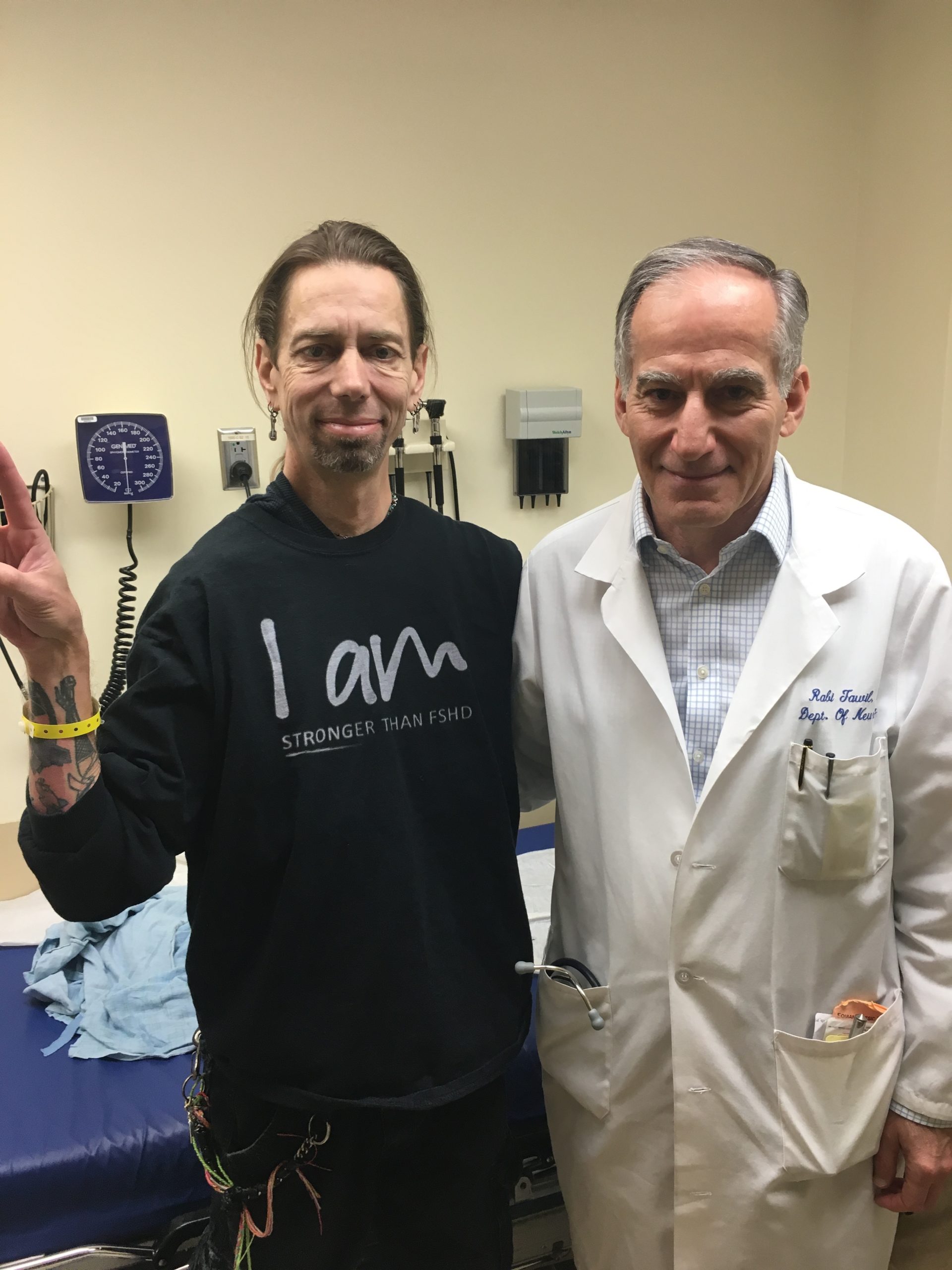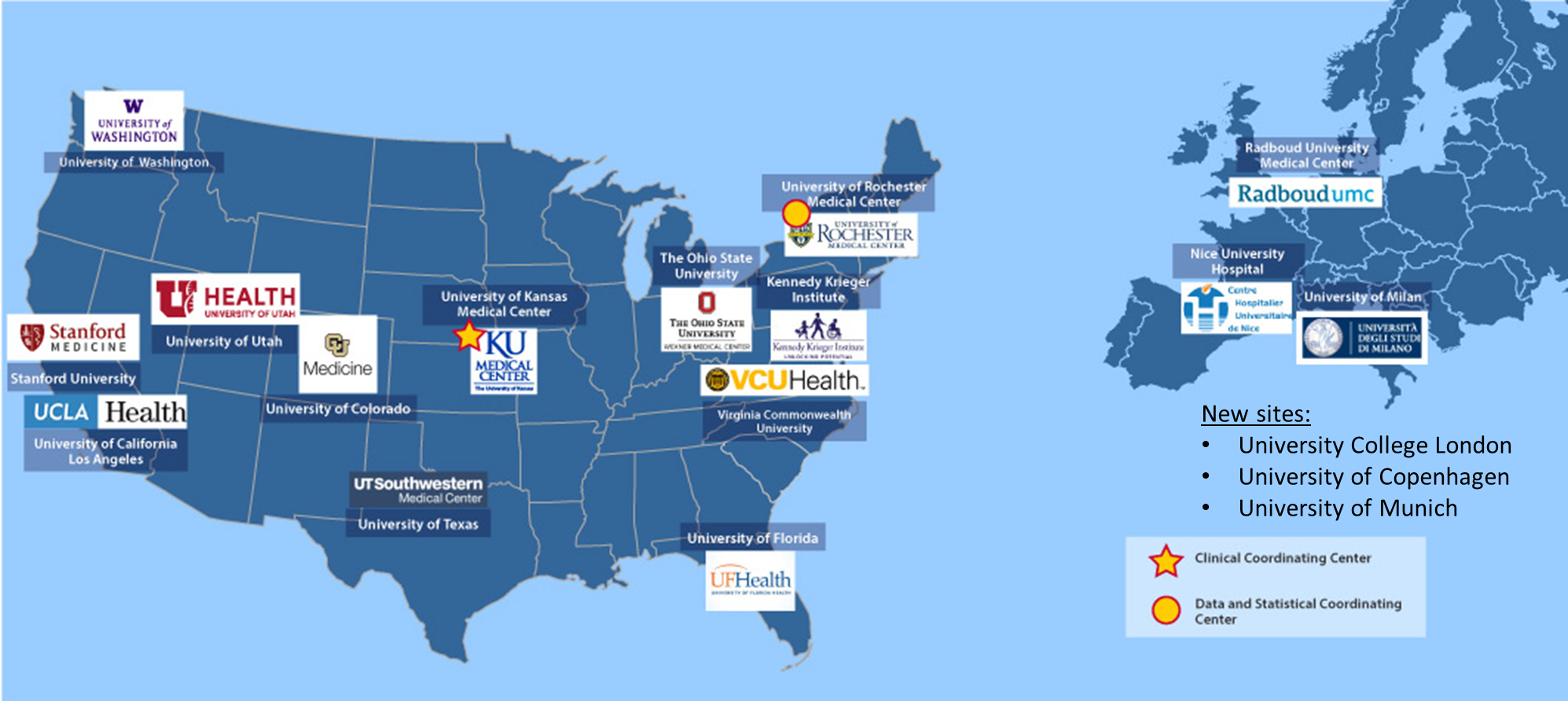Join BetterLife FSHD Today!
Dealing effectively with FSHD requires a team approach. Your medical team should include medical professionals from a variety of disciplines—from neurologists and audiologists to physical and occupational therapists—with experience helping FSHD patients or patients with other muscular dystrophies. You can learn more about these specialists by clicking on the links below.
FSHD is a common adult muscular dystrophy, but the number of people living with the disease is not large. You may be the only patient with FSHD that your doctors have seen. Tell your doctor about our FSHD Masterclass, an accredited continuing medical education online course, if they would like to learn about FSHD from expert colleagues. It may be worth traveling to see a physician with FSHD expertise. (Angel Flight East provides free flight travel for people who need specialized medical care and cannot afford to the travel cost.)
Each individual is different, and no one knows you as well as you do. All FSHD patients have the right and ultimate responsibility to make decisions about managing their FSHD.
- Specific health subjects are addressed in the Health Topics section.
- Telemedicine for FSHD may be available from leading clinics.
- Evidence-based FSHD care guideline – Summary for clinicians.
- Evidence-based FSHD care guideline – Summary for patients & families.
-
171st ENMC International Workshop: Standards of care and management of facioscapulohumeral muscular dystrophy is a useful reference to share with your physician.
Additional helpful resources
- The Centers for Independent Living are a nationwide network of consumer‑controlled, community‑based, cross‑disability, nonresidential private nonprofit agencies that are designed and operated within a local community by individuals with disabilities and provides an array of independent living services. To find a center near you, visit their national directory.
- Durable Medical Equipment Guide. CureDuchenne has compiled this extensive resource for equipment that individuals with Duchenne muscular dystrophy may need. Much of this information is applicable for FSHD. It is missing some of our favorite products (check our blog posts), but still, it is a very well-curated resource.
FSHD Clinical Trial Research Network
In addition to being academic research centers with expertise in FSHD clinical research or in conducting neuromuscular clinical trials, CTRN sites are also care centers that offer more specialized care to FSHD patients.



